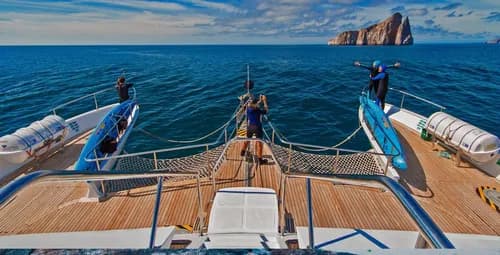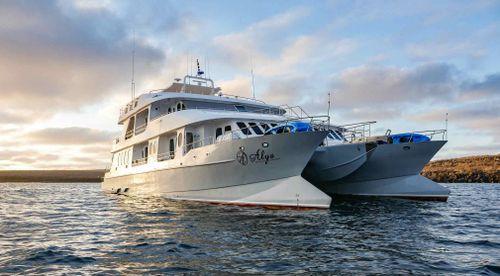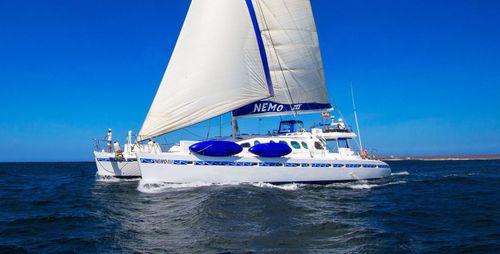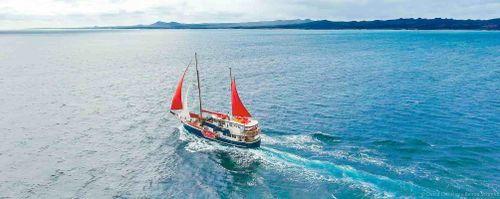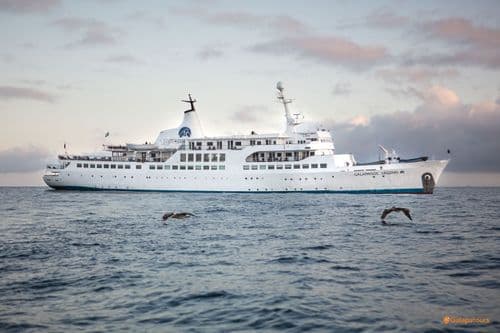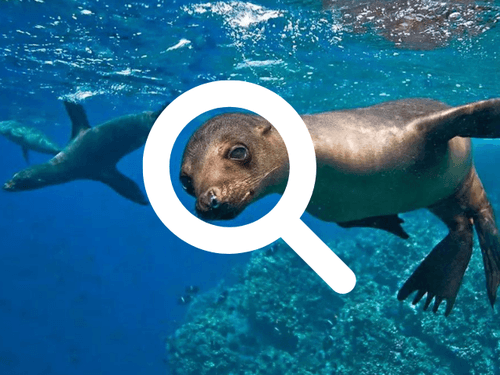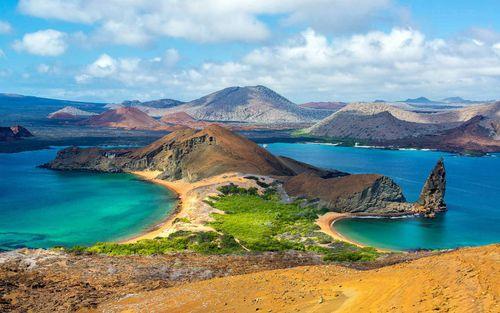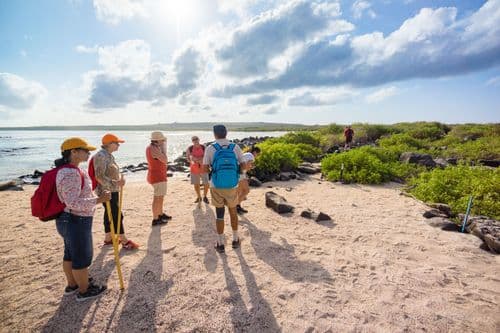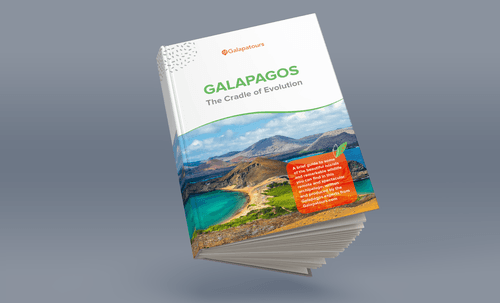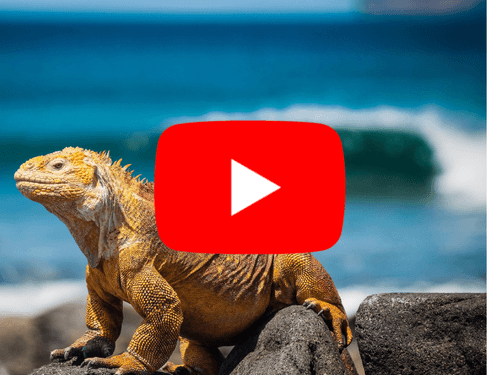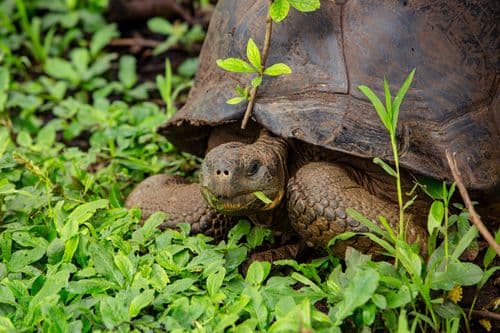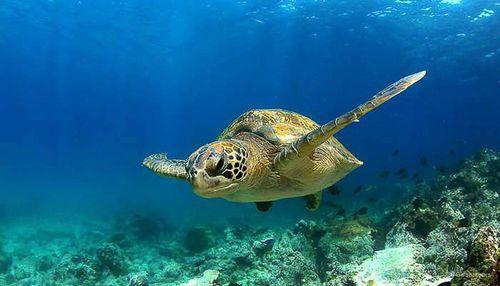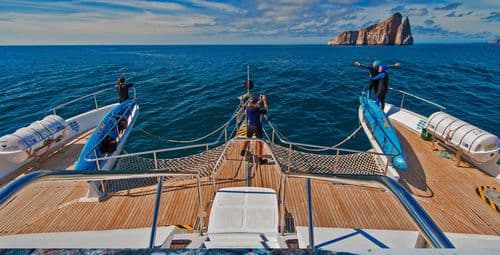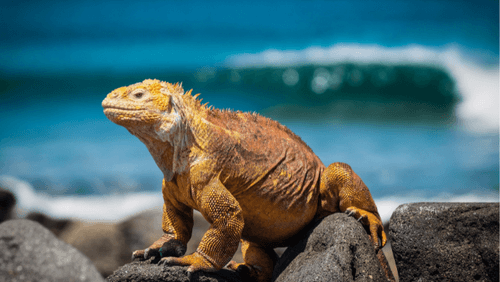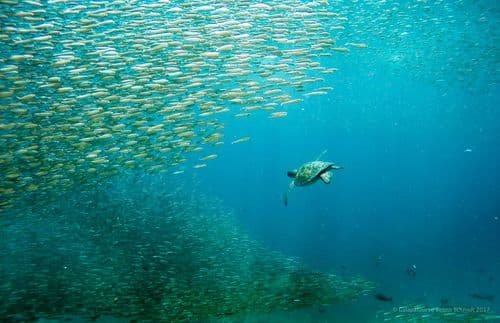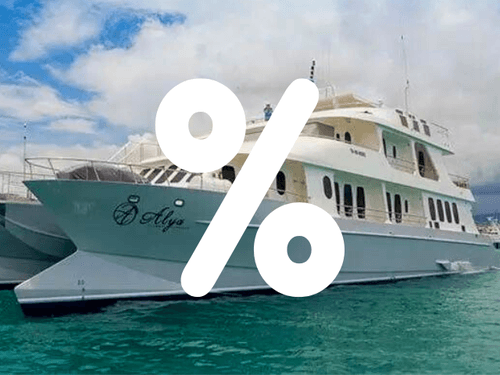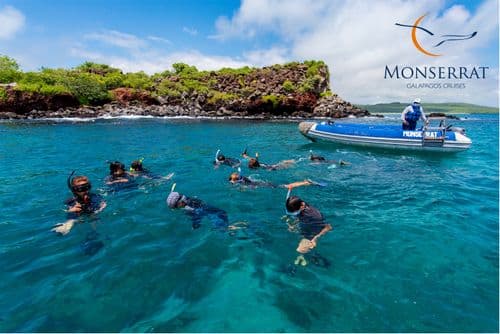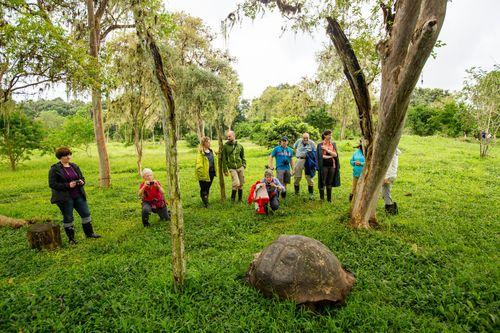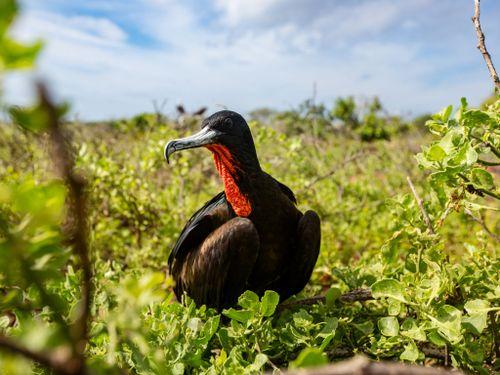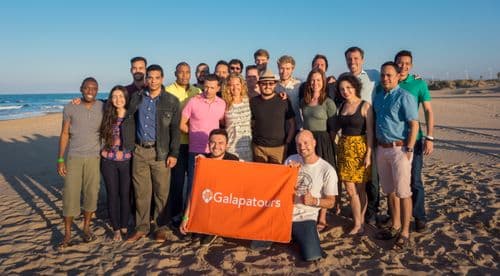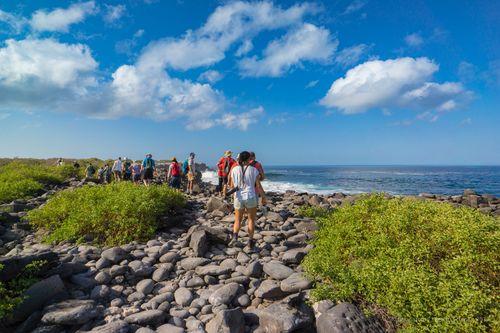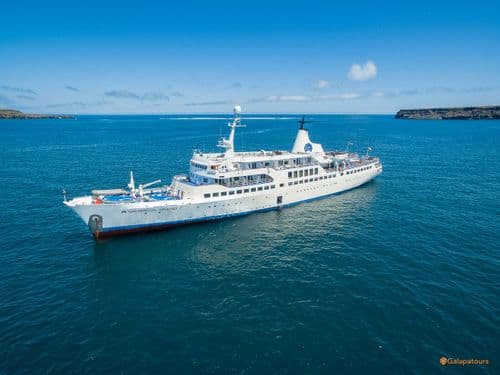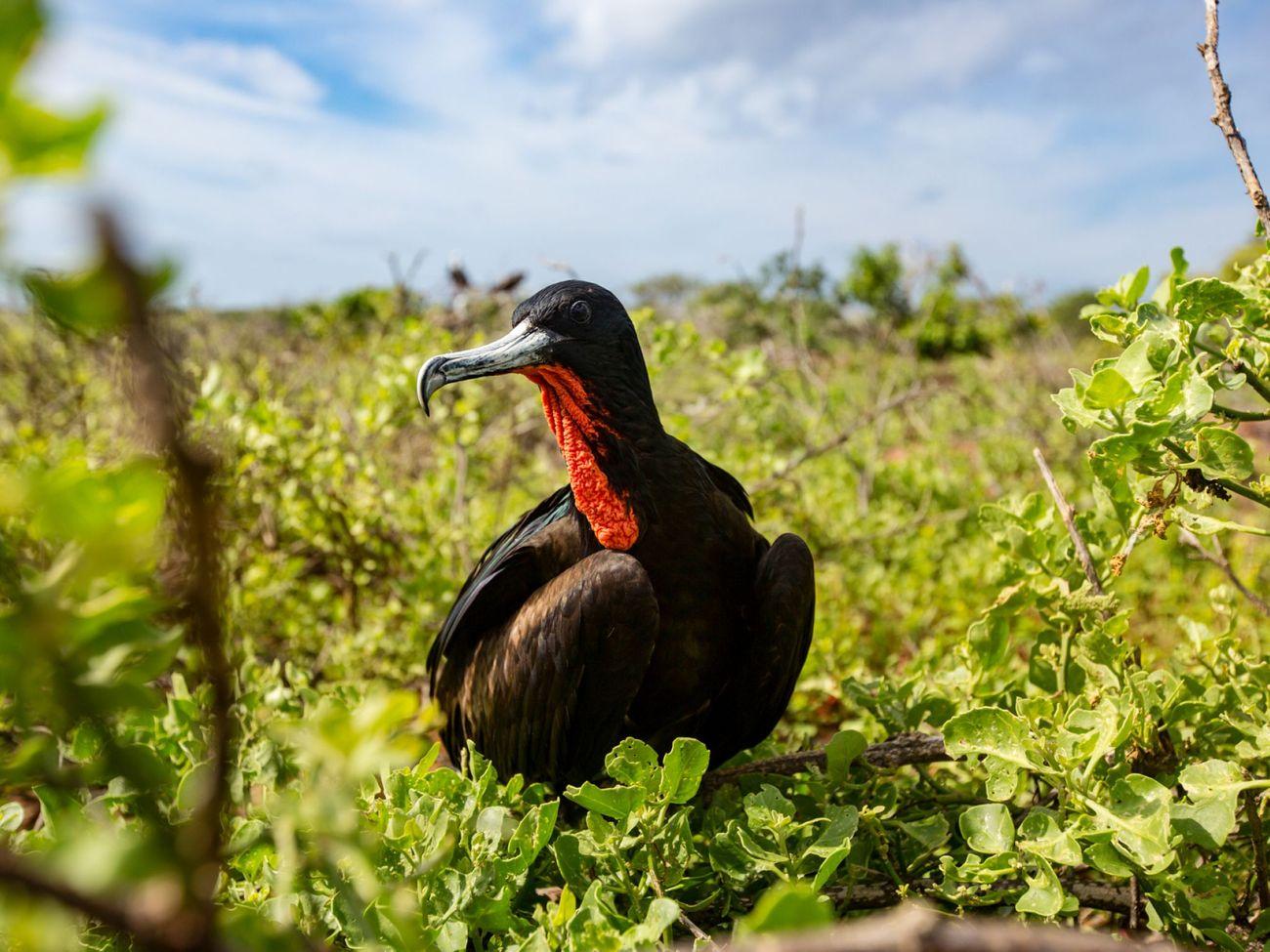
Galapagos Avian Influenza (H5N1) Update
Impact on your Trip, Positive Trends and Ongoing Safeguarding Efforts
What is the current situation in the Galapagos regarding Avian Influenza (H5N1)?
Last Update: April 9th, 2024
The Galápagos Islands, celebrated for their unique biodiversity, have faced challenges with avian influenza outbreaks. Galapatours is committed to providing accurate information to ensure traveler safety amid these concerns.
Swift Response by Galápagos National Park In response to avian influenza, the Galápagos National Park Authority swiftly implemented measures to protect the islands' delicate ecosystems. This includes temporary closures of specific visitor sites like Genovesa Island and Suarez Point (Española Island), either due to confirmed cases or as a precautionary measure.
Despite these closures, the Galápagos Islands remain open to visitors. The park authority, in collaboration with local cruise operators, actively manages the situation, prioritizing both visitor safety and the islands' unique wildlife.
Biosecurity Measures in Place Biosecurity protocols focus on minimizing avian influenza transmission. These include:
Temporary Site Closures: Visitor sites are closed when avian influenza-affected birds or potential risks are identified, aiming to prevent interaction between visitors and affected bird populations, reducing the risk of disease transmission.
Enhanced Hygiene and Sanitation: Stringent hygiene practices are being enforced, particularly in areas with high visitor traffic. This includes the disinfection of footwear and equipment to prevent any possible contamination. Visitors are encouraged to adhere to these measures diligently.
Rigorous Monitoring and Surveillance: The Galápagos National Park, along with local and international experts, conducts ongoing monitoring and surveillance of bird populations. Based on Peru's experience with avian influenza, the viral wave lasts approximately 100 days.
At the moment, Seymour is being continuously monitored, and all samples taken from birds and seals have tested negative. Similarly, Española has been monitored, but no Waved Albatrosses have tested positive. In the case of the western part of the archipelago, penguins and cormorants are being monitored, and there is a contingency plan with the Charles Darwin Foundation in case these fragile birds test positive.
Encouraging Developments Recent monitoring indicates a decrease in avian influenza cases, with two consecutive weeks of negative results. The Galápagos National Park Director, Danny Rueda Córdova, is optimistic, stating, "We believe that the wave of avian influence on the islands has passed."
Despite improvements, monitoring and biosafety protocols will persist. The potential reopening of closed visitor sites depends on sustained negative results.
Low Risk, High Awareness While the risk to human visitors is low, adherence to health and safety guidelines is crucial. Avian influenza primarily affects birds and does not easily transmit to humans.
Stay Informed and Flexible Your safety and well-being remain our top priority. Travel insurance offers additional assurance for potential disruptions. Rest assured, your Galápagos Specialist will provide the latest information for your upcoming adventure.
Please note that this information is current as of the time of writing (above) and may change as new information becomes available. Always check with official sources for the most up-to-date information before planning your trip with Galapatours.
